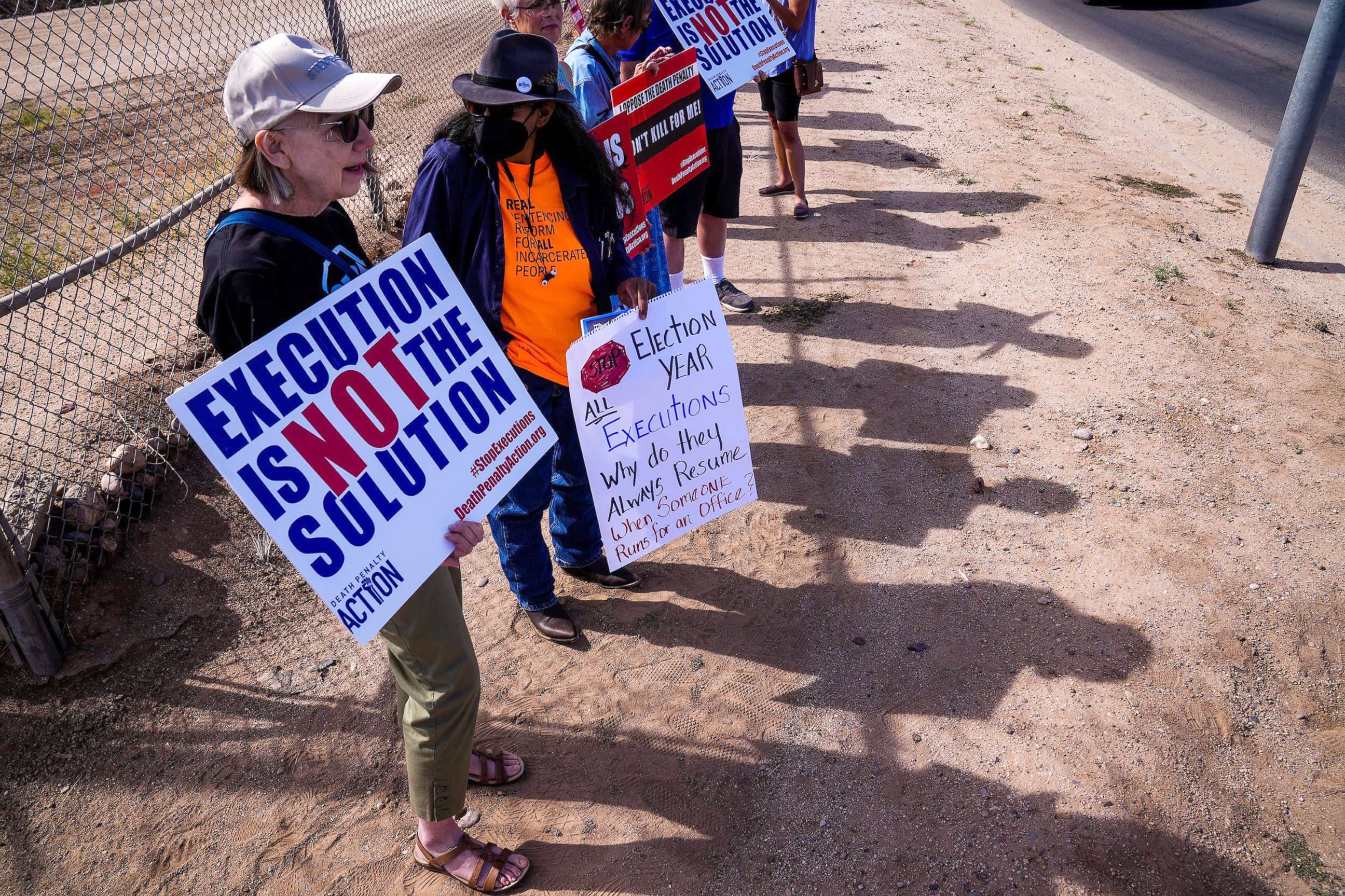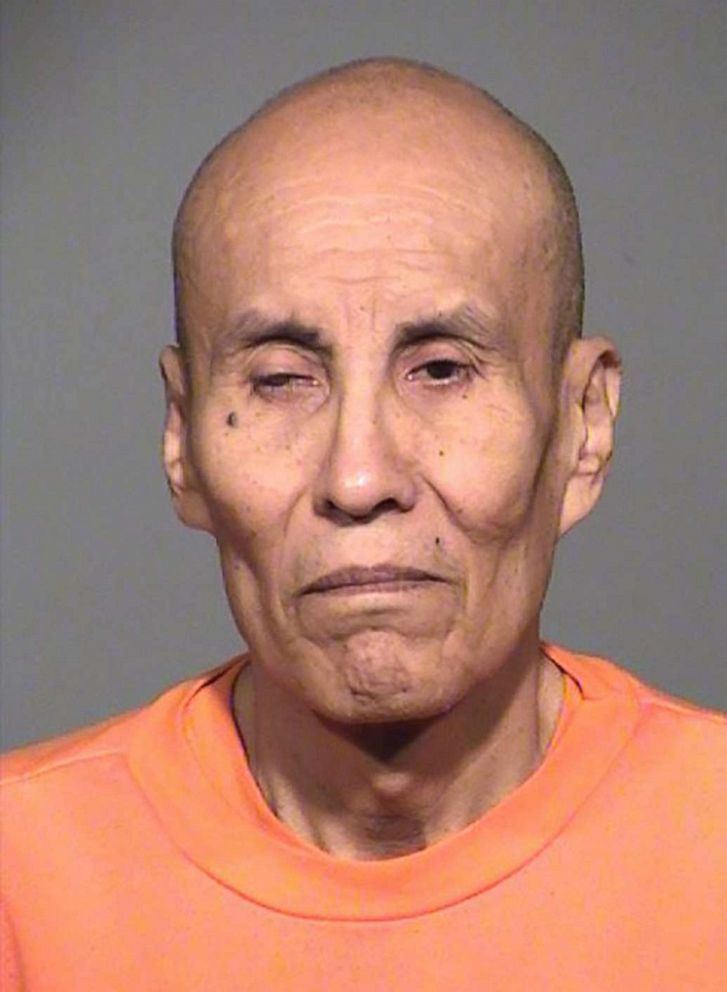Convicted murderer, who attorneys say had schizophrenia, put to death in Arizona after SCOTUS denies stay
Clarence Dixon, 66, died by lethal injection Wednesday.
Arizona performed its first execution in nearly eight years, after the U.S. Supreme Court denied an eleventh-hour request from attorneys who said the man had schizophrenia and should not be put to death.
The high court denied a request for a stay of execution early Wednesday, clearing the way for Arizona to move forward with the execution of 66-year-old Clarence Dixon by lethal injection at 10 a.m. local time. The drugs were administered at 10:19 a.m. and he was pronounced dead officially at 10:30 a.m.
Dixon was convicted of murder and sexual assault in connection with the death of 21-year-old Arizona State University student Deana Bowdoin in 1978.

The case went unsolved for decades until DNA connected Dixon to the murder in 2001, according to authorities. He was convicted and sentenced to death in 2008.
A judge ruled on Friday that he was mentally fit to be put to death.
Dixon gave his last words before a doctor administered the drugs for the lethal injection.
"Maybe I'll see you on the other side, Deana," Dixon said in part, according to media witness Troy Hayden of local Fox affiliate KSAZ. "I don't know you and I don't remember you."
"I know you're seeing this, Deana. You know I didn't kill you," Dixon also reportedly said.
Bowdoin's sister, Leslie James, gave a statement to the press following the execution and said that it was her late mother's wish that her sister's name be remembered.
"It was way too long. This process was way, way, way too long," James said of the decadeslong case.

"I don't know how I'm going to feel," she said. "The process is final."
James described her sister as "kind and hard-working." After her death, James said she found a notebook of her sister's and realized that she wrote "amazing poetry."
"She was the one who was supposed to have an exciting career, get married and produce grandkids for my mom. But it didn't work out that way for her," James said. "We should have been able to grow old together."
This was Arizona's first use of the death penalty since the execution of Joseph Wood in 2014. That execution took almost two hours and witnesses reported Wood gasped and snorted, prompting his lawyers to request an emergency halt to the procedure.
Hayden said the only time Dixon showed any signs of discomfort was when the IV was put in.
Demonstrators against the death penalty protested outside of the state prison in Florence as Dixon was executed.
Dixon was the sixth inmate to be put to death in the U.S. so far this year.



